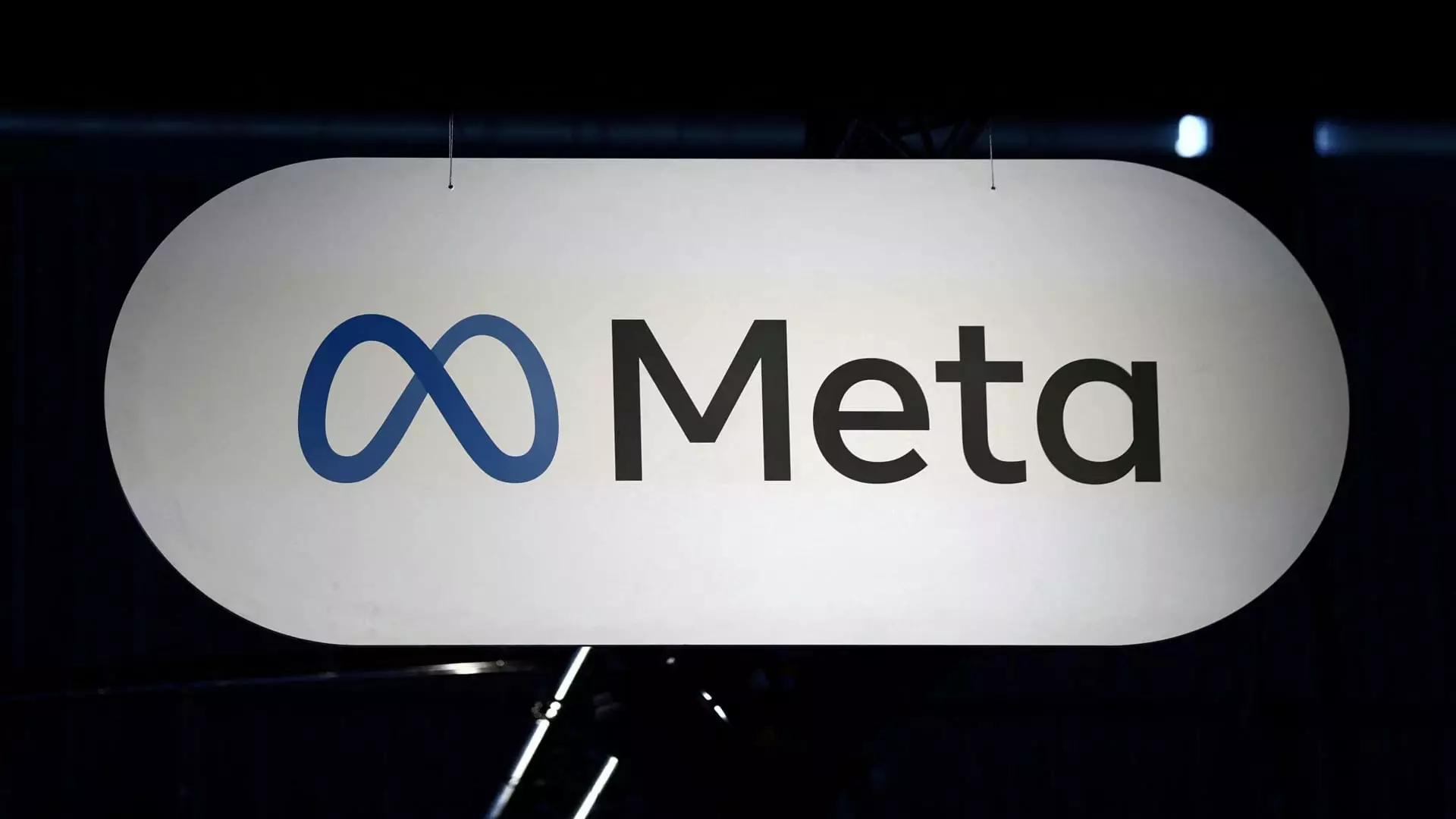Meta Platforms, formerly known as Facebook, has recently hit the pause button on its ambitious artificial intelligence initiatives. This move represents a stark contrast to the company’s previous aggressive spending spree, marked by high-profile acquisitions and top-tier talent recruitment. While some interpret this as a mere organizational adjustment, others see it as a broader signal that the once unstoppable surge into AI innovation might be encountering unavoidable real-world constraints.
Meta’s AI division had been operating with a clear sense of purpose—developing superintelligent systems capable of surpassing human cognition. The company’s efforts were not only about technological advancement but about positioning itself as a leader in the next wave of digital transformation. The division’s restructuring into four specialized teams underscores a strategic intent to compartmentalize and perhaps better manage this complex venture. However, the timing of the hiring freeze raises questions about whether the company is rethinking its bold approach amid mounting economic pressures and shifting market sentiment.
The High Stakes of a Billion-Dollar Talent Battle
Meta’s pursuit of top-tier AI talent was relentless, with eye-popping compensation packages, including offers exceeding $100 million in signing bonuses. The acquisition of scale AI founder Alexandr Wang, with its hefty $14.3 billion investment in a 49% stake, exemplifies just how serious Meta has been about establishing a dominant presence in AI development. Wang now spearheads Meta’s Llama series, an open-source effort aimed at democratizing large language models.
This fierce competition for AI talent by Meta and other tech giants has sparked a debate about sustainability. Are these investments truly justified, or are they part of a distorted market bubble driven by hype? Meta’s financial outlays could be viewed as a strategic gamble—betting heavily on AI’s potential to reshape industries and derive competitive advantage. Yet, the recent hiring suspension suggests that perhaps the company recognizes the need to recalibrate its ambitions amidst an environment increasingly cautious about overinvestment.
Market Sentiment and the Reality of AI Hype
The abrupt halt to fresh hiring in Meta’s AI division has coincided with broader market anxieties about AI’s valuation. Some industry voices, including OpenAI’s Sam Altman, have expressed concerns about overvaluation and the possibility of an AI bubble. While these claims are contentious, they highlight a growing skepticism about whether current AI development efforts are sustainable or inflated by speculative fervor.
Despite such doubts, many analysts, including Dan Ives of Wedbush Securities, challenge the narrative of an AI bubble. They argue that the fundamentals of AI-driven innovation remain strong, especially given the transformative potential it holds in multiple sectors. Meta’s current pause may therefore be less about retreat and more about strategic digestion—allowing the company to assess its investments and refocus resources to ensure long-term growth rather than short-term hype.
The Road Ahead: A Period of Reflection or Hesitation?
Meta’s decision to pause new AI hires signals a crucial moment for the company’s innovation trajectory. This pause might serve as an opportunity for Meta to refine its AI strategy, build more sustainable research practices, and avoid the pitfalls of overextending prematurely. Such a period of reflection can be beneficial, preventing the kind of resource drain and inflated expectations that have marred other tech sectors.
At the same time, critics might interpret this move as a sign that Meta’s bold AI ambitions are facing the harsh realities of technological and economic limitations. As much as the AI market has stirred excitement, it’s equally been marred by uncertainty and exaggerated claims. Meta’s actions suggest it is aware of these risks, choosing to stockpile patience and reassess before resuming its once-rapid expansion.
This shift in strategy could inevitably impact Meta’s standing in the AI landscape—either by slowing down its innovative momentum or by positioning the company as a more cautious, deliberate leader in the field. Only time will tell whether this pause signifies a temporary lull or a strategic recalibration that ultimately strengthens Meta’s foothold in artificial intelligence.

